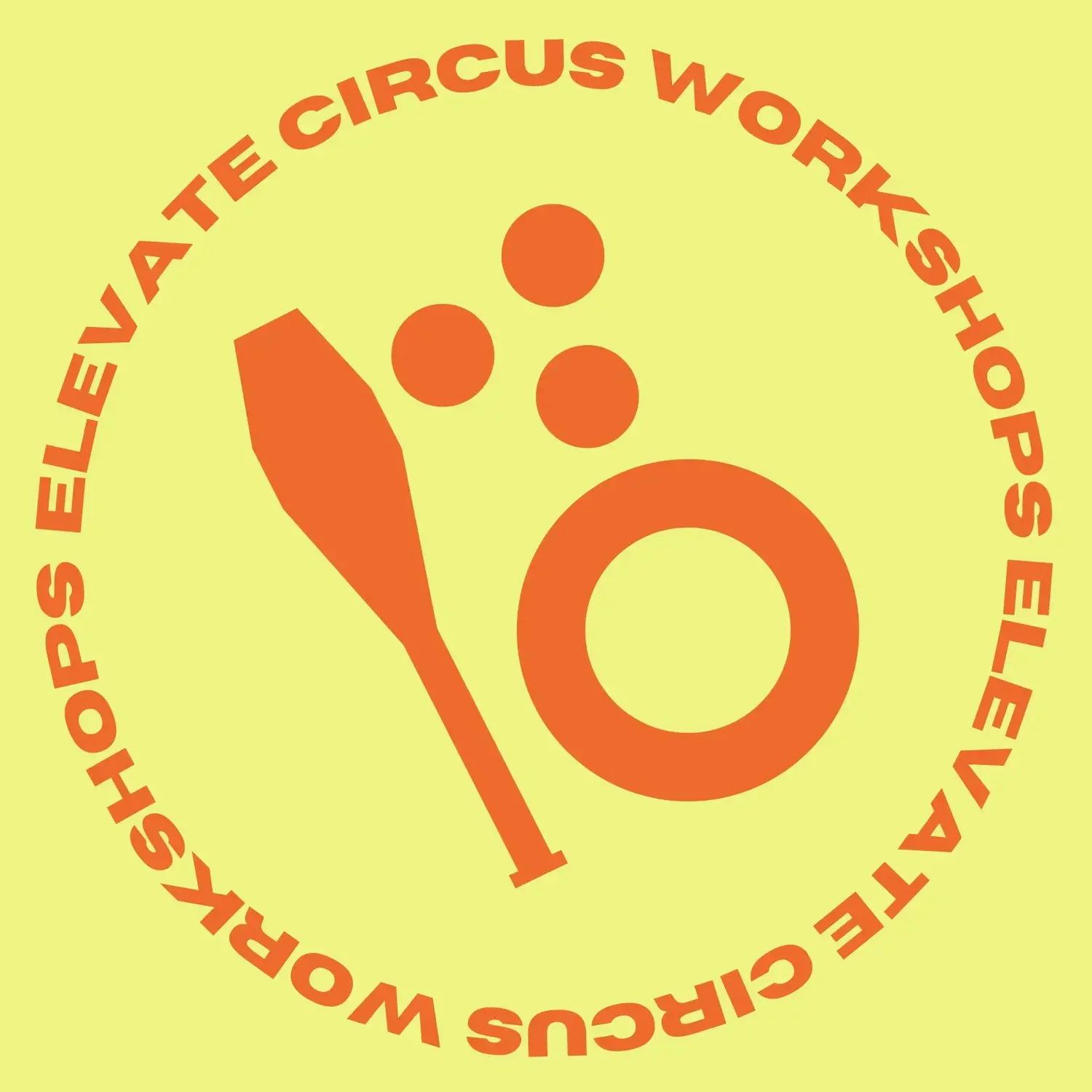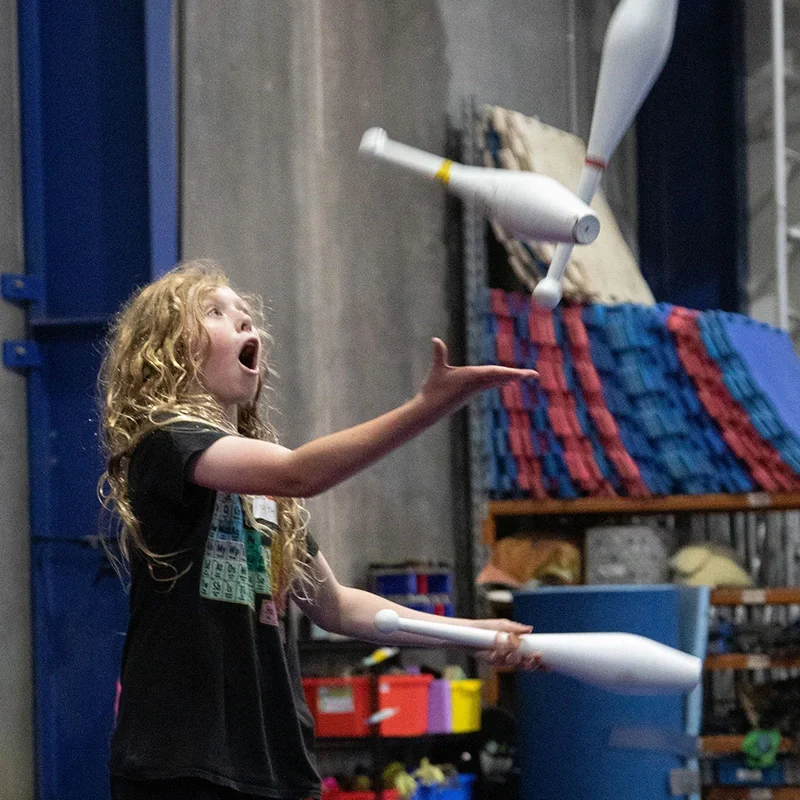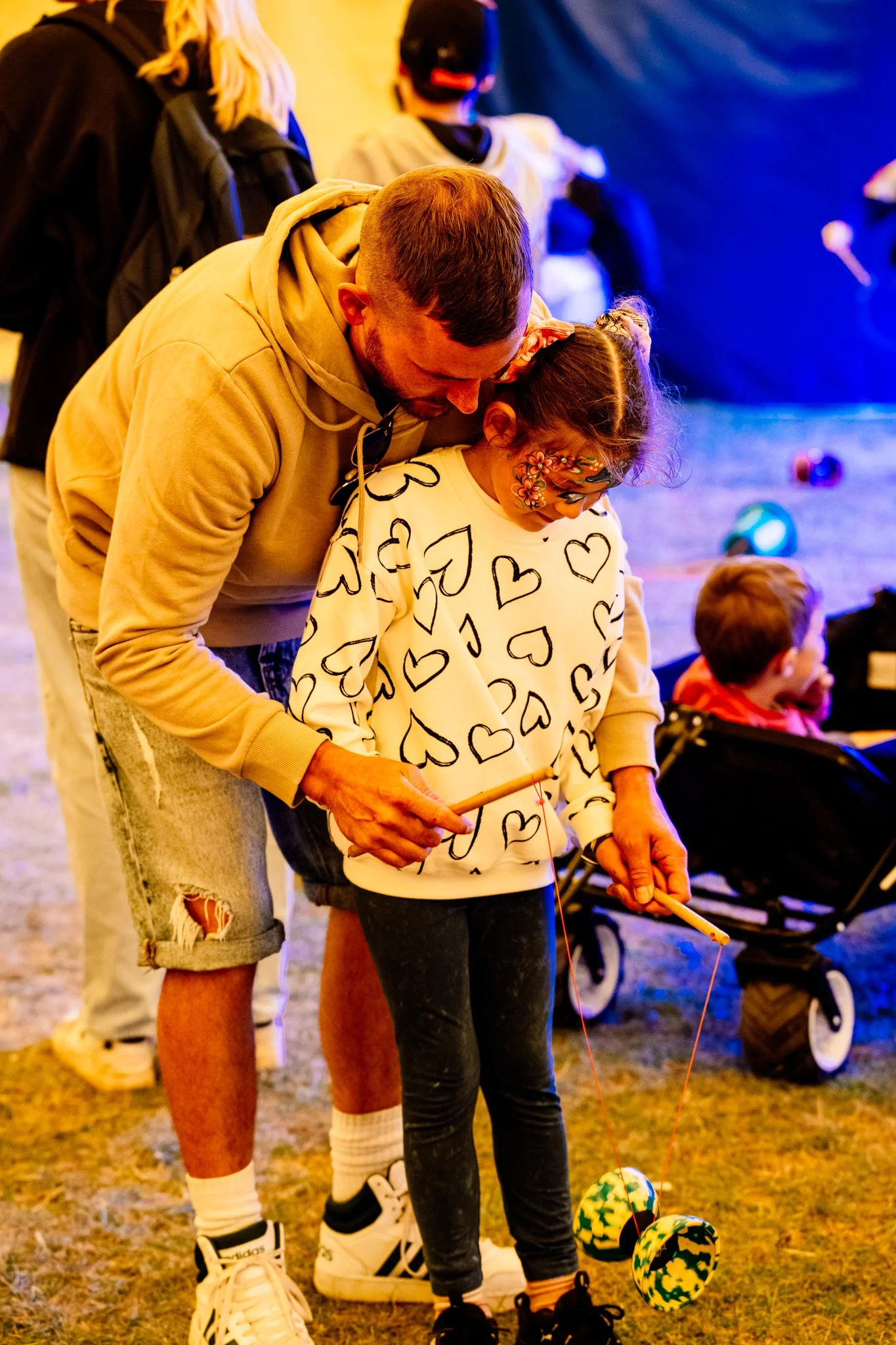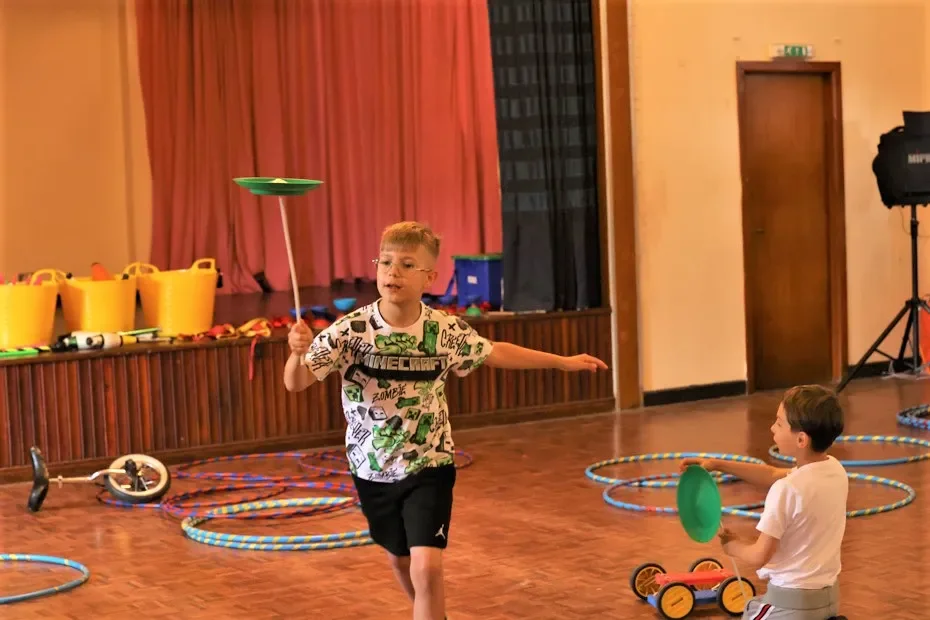Circus Skills Workshops and How They Can Help Special Educational Needs Children
Circus skills workshops offer a unique and engaging approach to education and development, particularly for children with special educational needs (SEN). These workshops, which include activities like juggling, clowning, and balancing, can provide significant benefits for SEN children. By focusing on the physical, emotional, and social aspects of development, circus skills can enhance various skills and provide a supportive environment for growth. Here’s how circus skills workshops can positively impact children with special educational needs.
1. Enhances Motor Skills and Coordination
One of the primary benefits of circus skills workshops is the improvement of motor skills and coordination. Activities like juggling and balancing require fine and gross motor skills that help children develop better control over their movements. For SEN children, these workshops can be tailored to individual abilities, promoting physical development at a comfortable pace and enhancing overall coordination and balance.
Minor achievements can be a major boost!
2. Boosts Confidence and Self-Esteem
Mastering circus skills can be incredibly empowering for children. The sense of achievement from learning new tricks and performing in front of others helps build confidence and self-esteem. For SEN children, who may face additional challenges in their daily lives, achieving milestones in a circus skills workshop provides a significant boost to their self-worth and encourages them to tackle other challenges with a positive attitude.
3. Improves Social Skills and Teamwork
Circus workshops often involve group activities and collaborative exercises, which are excellent for developing social skills and teamwork. SEN children benefit from interacting with peers in a structured yet flexible environment, learning to communicate effectively, share responsibilities, and support each other. These social interactions foster a sense of belonging and enhance interpersonal skills, which are crucial for building friendships and navigating social situations.
4. Encourages Focus and Concentration
Circus skills require a high level of concentration and focus. Engaging in activities like juggling or balancing helps children practice sustained attention and improve their ability to concentrate on tasks. For SEN children, these workshops provide a motivating and enjoyable way to develop focus, which can positively impact their academic performance and daily activities.
5. Fosters Creativity and Imagination
The creative nature of circus arts encourages children to use their imagination and explore new ways of expression. Circus skills workshops often incorporate elements of play and creativity, allowing SEN children to experiment with different ideas and develop their artistic abilities. This creative outlet helps children express themselves in unique ways and supports cognitive and emotional development.
6. Provides a Fun and Motivating Learning Environment
Learning through play is particularly effective for SEN children. Circus skills workshops offer a fun and engaging way to learn new skills, making the process enjoyable and motivating. The playful atmosphere and interactive nature of circus activities help maintain interest and enthusiasm, which can be particularly beneficial for children who may struggle with traditional learning methods.
With a little help everything’s possible!
7. Promotes Emotional Regulation and Resilience
Circus skills workshops can help children develop emotional regulation and resilience. The challenges and successes encountered during these activities teach children how to manage their emotions and persevere through difficulties. SEN children learn to cope with frustration, celebrate achievements, and develop a resilient mindset, which contributes to their emotional well-being and overall mental health.
8. Supports Individualised Learning and Progress
Circus skills workshops can be adapted to meet the needs of individual children, allowing for personalised instruction and progress. Instructors can tailor activities to accommodate different abilities and learning styles, ensuring that each child receives the support they need. This individualised approach helps SEN children build on their strengths and work at their own pace, leading to more effective and meaningful learning experiences.
9. Encourages Physical Fitness and Well-Being
Participating in circus skills activities promotes physical fitness and overall well-being. Engaging in physical exercises, such as juggling or balancing, helps children develop strength, flexibility, and coordination. For SEN children, maintaining an active lifestyle is crucial for their physical health and can contribute to improved mood and energy levels.
10. Builds a Sense of Achievement and Belonging
The positive reinforcement and encouragement provided in circus skills workshops help build a strong sense of achievement and belonging. SEN children feel valued and included in the group, and the accomplishments they achieve during the workshops reinforce their sense of purpose and contribution. This sense of belonging and accomplishment fosters a positive self-image and encourages continued participation and growth.
Progress brings great joy!
Conclusion
Circus skills workshops offer a range of benefits for children with special educational needs, from enhancing motor skills and social interactions to boosting confidence and creativity. By providing a supportive, engaging, and adaptable learning environment, these workshops help SEN children develop essential skills and experience a sense of achievement and belonging. Incorporating circus skills into educational and developmental programs can be a valuable tool for supporting the growth and well-being of SEN children.
SOURCES
(Circus Training for Autistic Children: Difference, Creativity, and Community)
(Children With Special Needs Soar in Circus)
(The psychological benefits of Circus Skills Training (CST) in schoolchildren)
(Taking the Circus to School: How Kids Benefit from Learning Juggling)
(Wellbeing Effects from Social Circus)



